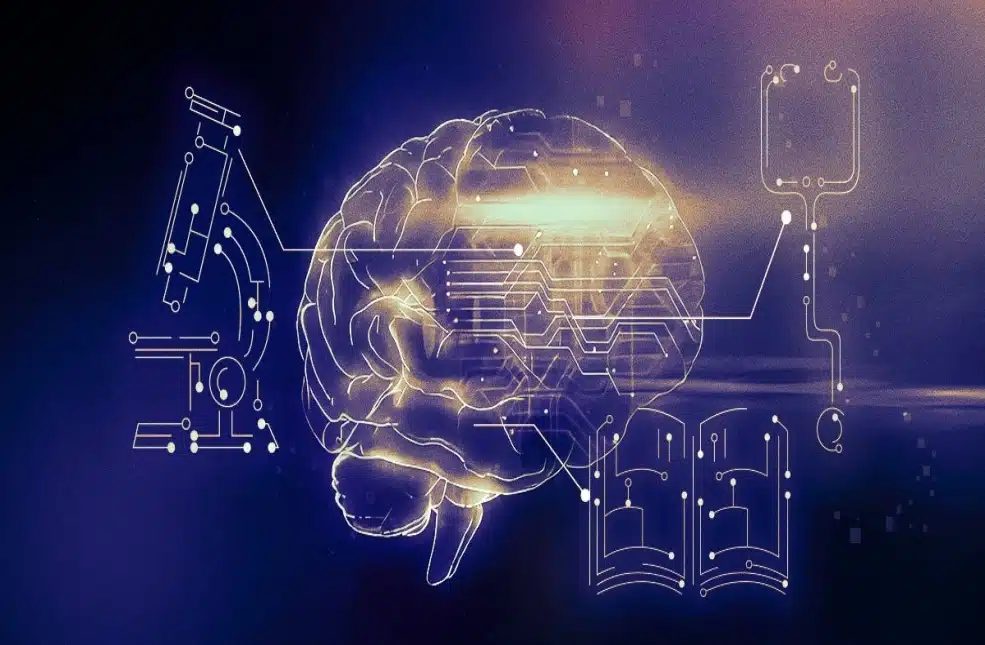Introduction:
In the tapestry of human history, technology weaves a thread that binds civilizations, shapes progress, and fuels innovation. From ancient tools to the digital marvels of today, technology has been a driving force behind human advancement. This comprehensive article delves into the multifaceted world of technology, tracing its evolution, examining its impact on society, and exploring the boundless frontiers that lie ahead.
The Evolution of Technology:
The story of technology is one of ingenuity, creativity, and relentless pursuit of progress. It begins with the earliest tools crafted by our ancestors, such as stone axes and flint knives, which enabled the mastery of fire, the hunt, and the cultivation of crops.
The invention of the wheel around 3500 BCE marked a monumental leap forward, revolutionizing transportation, trade, and the movement of goods. From the wheel emerged carts, chariots, and eventually, the locomotives and automobiles that would shape the modern world.
Advancements in craftsmanship and metallurgy gave rise to the Bronze Age and Iron Age, ushering in an era of innovation that saw the development of metal tools, weapons, and agricultural implements. The invention of writing in ancient civilizations like Mesopotamia and Egypt laid the foundation for the recording of knowledge, history, and culture.
The Industrial Revolution of the 18th and 19th centuries marked a turning point in human history, with the advent of steam power, mechanization, and mass production. Innovations such as the steam engine, the spinning jenny, and the telegraph transformed manufacturing, transportation, and communication, giving birth to the modern world.
The 20th century brought unprecedented advancements in technology, including electricity, the telephone, the automobile, and the computer. The invention of the internet in the late 20th century heralded the dawn of the digital age, connecting people and information like never before.
Today, we stand on the cusp of the Fourth Industrial Revolution, characterized by the convergence of digital, physical, and biological technologies. Innovations such as artificial intelligence, blockchain, biotechnology, and renewable energy are reshaping industries, economies, and societies in profound ways.
The Impact of Technology:
Technology has had a profound impact on society, transforming the way we live, work, and interact with the world around us. It has revolutionized industries such as healthcare, finance, education, and entertainment, creating new opportunities for innovation, growth, and prosperity.
One of the most significant impacts of technology is its role in democratizing access to information and knowledge. The internet has made it possible for people around the world to access vast amounts of information instantaneously, breaking down barriers to education, communication, and collaboration.
Technology has also transformed the way we communicate and connect with each other. Social media platforms like Facebook, Twitter, and Instagram have revolutionized how we share information, express ourselves, and build communities online. Messaging apps like WhatsApp and WeChat have made it easier than ever to stay in touch with friends and family, no matter where they are in the world.
However, technology has also raised concerns about privacy, security, and the impact of automation on jobs and the economy. The rise of artificial intelligence and robotics has sparked debates about the future of work and the ethical implications of autonomous systems.
The Opportunities and Challenges of Technology:
While technology presents numerous opportunities for innovation, growth, and progress, it also poses significant challenges and risks. One of the biggest challenges is ensuring that technological advancements are used for the benefit of all humanity and do not exacerbate existing inequalities.
Another challenge is navigating the ethical and social implications of emerging technologies such as artificial intelligence, biotechnology, and autonomous systems. Questions about data privacy, algorithmic bias, and the potential for technology to be used for surveillance and control are becoming increasingly urgent.
Despite these challenges, technology has the potential to address some of the most pressing issues facing humanity, from climate change and healthcare to education and social justice. By harnessing the power of technology for good, we can create a more sustainable, equitable, and prosperous future for all.
Conclusion:
Technology is a force that has shaped the course of human history, driving progress, innovation, and transformation. From the earliest tools of our ancestors to the digital marvels of today, technology continues to push the boundaries of what is possible and inspire us to reach new heights.
As we navigate the ever-changing landscape of technology, it’s essential to approach it with mindfulness, critical thinking, and a commitment to using it for the greater good. By embracing innovation, fostering collaboration, and addressing the ethical and social implications of emerging technologies, we can harness the power of technology to create a better world for future generations.

